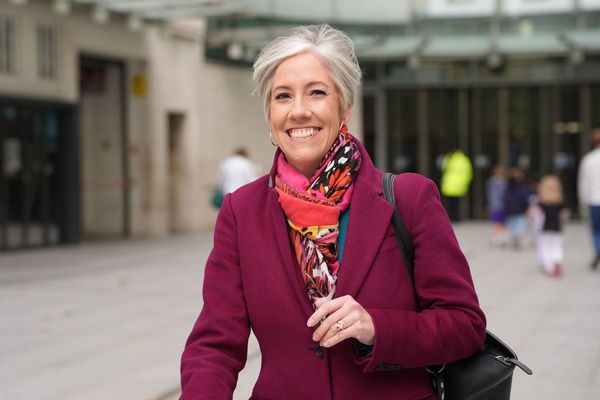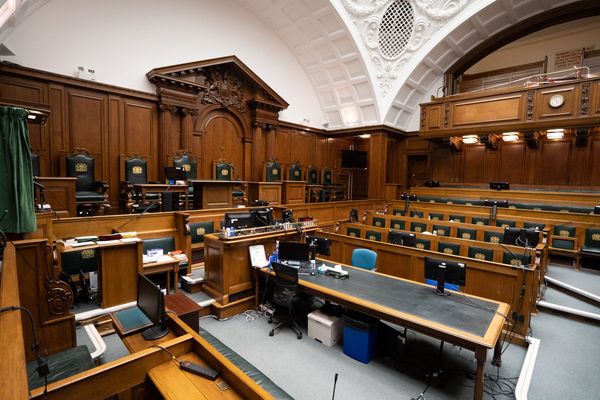
Washington (AFP) - There's the firing squad, the electric chair...and now, the gas chamber.Conservative US states, facing difficulties around lethal injections, are looking to the past for alternative ways to carry out executions of their death row inmates.
On Tuesday, the Arizona state Supreme Court set June 8 for the execution of Frank Atwood, sentenced to death in 1987 for the murder of an eight-year-old girl.He was given two weeks to choose between lethal injection or being gassed with lethal chemicals.
According to his lawyer, prison authorities in the southwestern state are considering using hydrogen cyanide, the main component of Zyklon-B, a chemical infamously associated with the Holocaust.
Atwood's mother was Jewish and had fled Austria in 1939 to escape the Nazis, lawyer Joe Perkovich said.
Only seven US states still allow executions by gas chambers, but none have used the method since 1999.Most have decided to only conduct executions through the injection of lethal chemicals.
But doubts about the legality of lethal injections -- suspected of causing unlawful suffering to the condemned -- abound, and pharmaceutical companies have begun refusing to supply the necessary chemicals, leading to a sharp decline in the death penalty throughout the country.
Arizona has not carried out any executions since 2014, when an inmate suffered agonizing convulsions for two hours after being injected with a lethal chemical cocktail.
State authorities, however, have decided to re-start the practice this year.
Before Atwood, officials had planned to execute Clarence Dixon -- convicted of killing a student -- on May 11. He, too, had been given two weeks to choose between the gas chamber and lethal injection.His silence was considered the same as choosing the needle.
In February, the local Jewish community had filed a complaint, ultimately unsuccessful, to prevent authorities from using hydrogen cyanide.
"It is appalling that Arizona would choose to use Zyklon-B for this purpose -- the very same chemical compound that was used by the Nazis in Auschwitz to murder more than one million people," said Tim Eckstein, head of the Jewish Community Relations Council of Greater Phoenix.
In April, South Carolina also sparked controversy by offering a death row inmate the choice between the firing squad and the electric chair.A week before his scheduled execution, the state Supreme Court decided to temporarily stay his death sentence while it and other courts considered more legal challenges.







